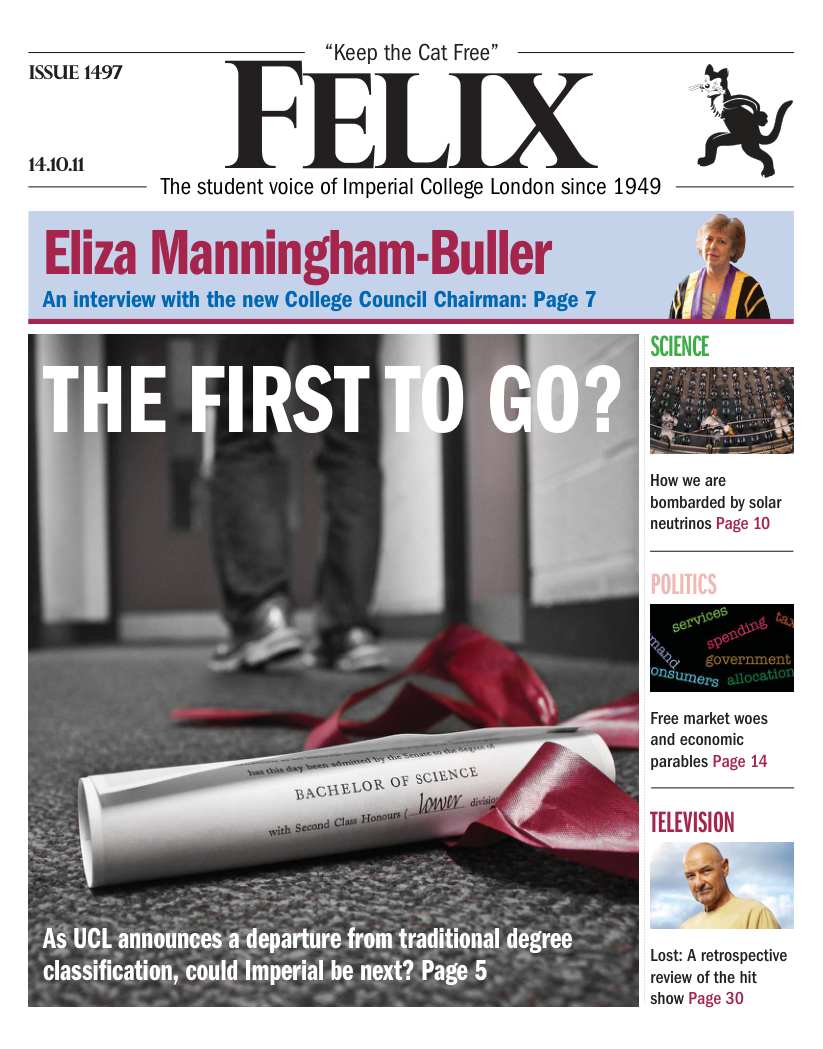Genetic link for ‘heavy heart’ condition identified
Douglas Heaven reports on hereditary faulty genes
Folk remedies for a heavy heart have ranged from white wine heated with red-hot steel to the flesh of a screech owl. But an Imperial-led international team of scientists from Europe, the US, and Japan have eschewed such treatments in tracking down the gene that causes cardiac hypertrophy – literally, a heavy heart, caused by a thickening of the walls of the left ventricle. This condition often leads to heart failure as the thick and stiffened heart muscles struggle to pump blood around the body.
Though cardiac hypertrophy was known to be a heritable trait, previous studies failed to pinpoint the relevant gene associated with left ventricle mass. However, by taking advantage of recent advances in approaches to rat genetics, the team were able to identify the gene in question as endonuclease G, or Endog, a gene also known to be connected to apoptosis, a form of generally benign cell death that plays a part in processes such as the differentiation of fingers and toes in embryos. As the authors put it, in a paper published this month in Nature, the study “has further established the link between mitochondrial dysfunction, reactive oxygen species and heart disease and has uncovered a role for Endog in maladaptive cardiac hypertrophy”.
“We found that a faulty copy of this gene causes the heart to become thick and fatty, making it ‘heavy’ with poor function”, says Professor Stuart Cook from the Medical Research (MRC) Council Clinical Sciences Centre at Imperial, who led the research. “It does this by interfering with the heart cells’ energy source – the mitochondria. Like any other muscle in our body, the heart needs energy to keep it pumping. If the mitochondria don’t work properly, the heart struggles to make enough energy and the cells produce toxic by-products, called reactive oxidative species, which increase thickening of the heart wall.”
The importance in knowing the gene behind the condition is, of course, in the new potential this gives for tackling the cause rather than just the symptom. “We cannow start to investigate new ways to develop treatments which target the mitochondria and toxic oxidative molecules.” says Cook. There’s also an important wider lesson in the fact that Endog was originally an unsuspected culprit — so much of the genetic code remains uncharted territory. As Professor Amanda Fisher, Director of the MRC Clinical Sciences Centre, says “This discovery emphasises the importance of deciphering the genetic code of a broad range of mammals alongside that of humans eventually to allow us explore new avenues for better targeted drugs”.






